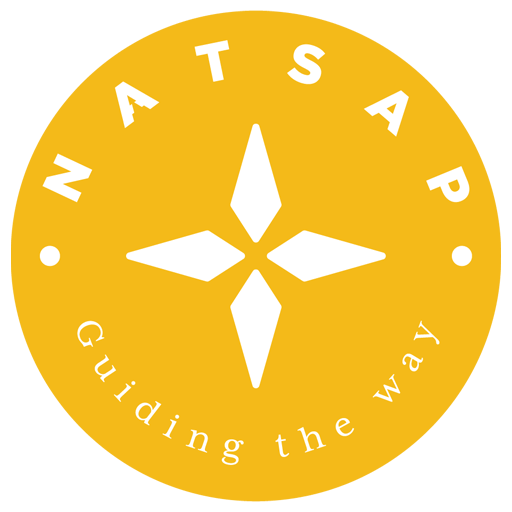
NATSAP Applauds the Stop Institutional Child Abuse Act
A proposed bill that would establish a federal work group to study youth RTCs and recommend best practices is being applauded by NATSAP. The bill, titled the Stop Institutional Child Abuse Act (SICAA), directs the Department of Health and Human Services (HHS) to establish a Federal Work Group on Residential Programs comprised of leaders from relevant federal agencies.
Senators Merkley and Cornyn, along with Representatives Khanna and Carter, introduced the Stop Institutional Child Abuse Act (SICAA) this past Thursday. NATSAP supports fast passage of SICAA without amendment.
As part of their role, the agency leaders will consult with a wide array of industry experts. The proposed federal work group would hear from many diverse voices representing the industry including alumni.
“I’m impressed that SICAA’s proposed Federal Work Group is looking to hear from many diverse voices representing our industry–including former students,” said Megan Stokes, Executive Director, NATSAP.
Once convened, the work group will develop recommendations regarding data collection policy initiatives, education and training for professionals, and other activities relating to development, dissemination, outreach, and engagement. In short, the bill would result in creating policy recommendations to improve industry best practices.
“We also applaud the proposed legislation for providing guidance to programs exempted from oversight through state legislation,” Stokes continued. “Those programs would not be accepted as NATSAP members since our members must abide by state licensure and accreditation requirements.”
The proposed legislation will provide guidance to programs exempted from oversight through state legislation. Additionally, the work group would be requested to file a report every two years with the U.S. Senate HELP, Finance, and House Education, Energy, and Ways and Means.
The bill also requires the HHS Secretary to work with the National Academies of Sciences, Engineering, and Medicine to conduct a study examining the state of youth in residential treatment centers and related programs. The results of that study will include recommendations on industry best practices. This report needs to be completed within three years after the law’s enactment.
